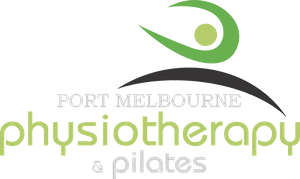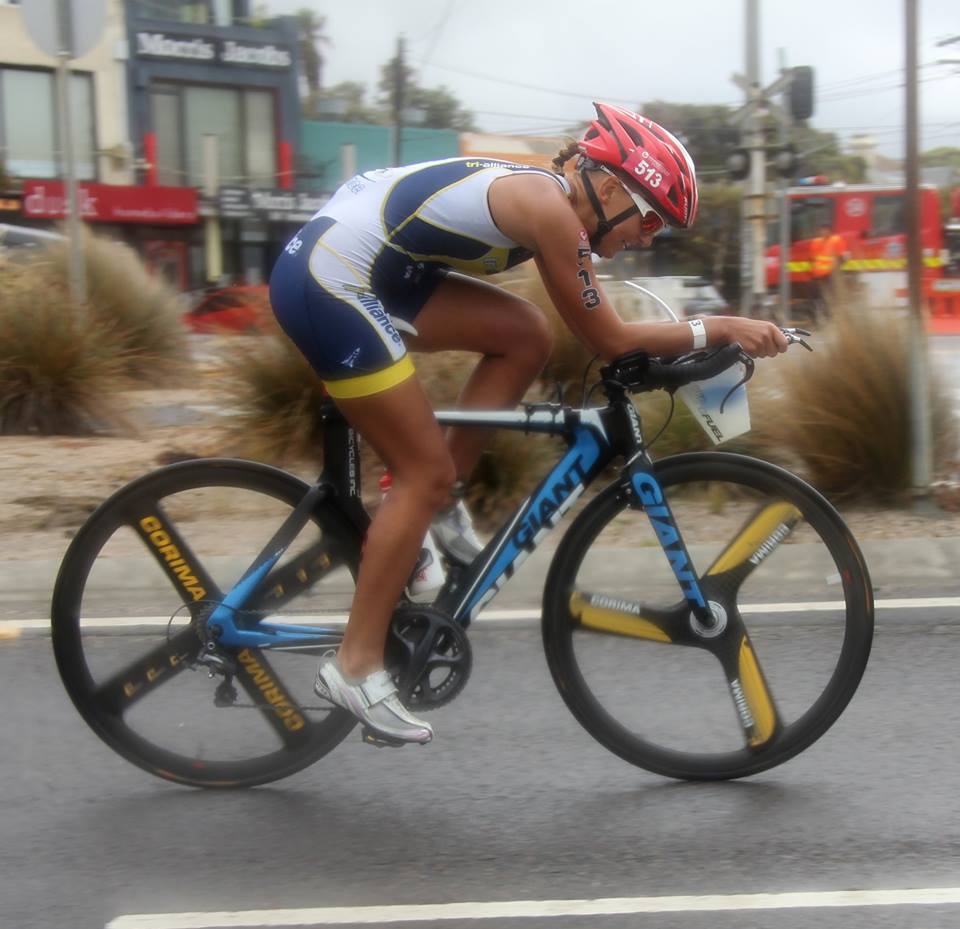Along with the right training and adequate recovery, nutrition is one of the cornerstones of a successful Ironman build and to optimal performance on race day. As a Sports Dietitian my big passion is nutrition for triathlon, including half and full iron distance events and I really believe that nutrition can make or break a long course event. It’s my job to make sure my athletes get the right nutrition for training (to support training and recovery) and then to ensure optimal nutrition to maximise performance on race day.
From an athlete’s perspective, (I’m currently in training for my third Ironman in March) it is clear to see the effects a good sports nutrition, hydration and race day nutrition plan has on performance.
Getting the base right
Triathletes often have large training loads to support so it’s important that they’re getting in enough macro- and micronutrients to support this training. One approach here is to make sure athletes are eating 3 balanced meals (balanced with proteins, healthy fats and carbohydrates) and snacks, across the day. This will mean athletes are getting enough from each of the food groups, to ensure they are hitting their individual targets. If an athlete struggles to hit these targets, they are at risk of deficiencies such as iron deficiencies, which may mean fatigue, lethargy, compromised immune system and ultimately compromised training and performance. Also, if athletes are unnecessarily cutting out whole food groups, such as dairy, they may be at risk of calcium deficiency. This may lead to stress fractures – again, not ideal, particularly when training for an endurance event.
Nutrient timing
Along with getting the base right, triathletes need to make sure they’re eating enough to support training and recovery. The best athletes are generally the athletes that can recover the fastest and hit the next training session in the best shape possible. Recovery nutrition is the key here!
One challenge athletes often face is eating before early morning sessions. While athletes may find that they can get away with this for a few weeks of training, as training loads increase, athletes will typically report fatigue and being unable to hit training targets during early morning sessions, if they’re not fuelling appropriately. Appetite may be an issue here, with some athletes reporting simply not being hungry in the early morning. A strategy to combat this and to achieve optimal fuelling without any gastrointestinal (GI) upset, such as stomach cramps, nausea or bloating, is to have a small carbohydrate-rich snack (e.g. ½-1 medium banana or 1 Sustagen Sport™ tetra pack), before morning training. If appetite is an issue for athletes’ smaller snacks or even liquid nutrition may be better tolerated, while still allowing athletes to top up glycogen stores.
Nutrition during training largely depends on the duration of the session and the goals of that session. For easier sessions that last no more than ~60minutes, extra nutrition (gels/bars/fruit/sandwiches) throughout the session may not be needed as athletes’ typically have enough carbohydrate stores to last for about an hour. However, if shorter sessions are high intensity then some nutrition may be needed. I typically recommend athletes to go by feel during these sessions and have a liquid form of carbohydrate (better tolerated), such as a gel, as needed.
For training sessions lasting longer than 90minutes, this is where fuelling comes in to play. The recommendation here is about 30-60g carbohydrates per hour, made up of gels/bars/fruit/sandwiches and this recommendation goes up towards 90g carbohydrates per hour for sessions lasting longer than 3hours.
Long training sessions are a great way to practice race day nutrition. Athletes are typically advised to trial and decide on which sports nutrition products they will consume on race day, and to start practicing using these products during long training sessions, to start training their gut, to make sure they are able to tolerate the products and so that there are no surprises on race day!
After training, recovery is key!
Adequate recovery allows muscle recovery and adaptation to training. A mix of carbohydrates and protein is the key here. Carbohydrates are important to replenish glycogen stores and protein is important for muscle repair and adaptation. It’s key for athletes to consume a recovery meal or snack as close to finishing training as possible or within 30-60minutes after training. An example recovery meal could be 2 poached eggs on whole grain toast with ¼ – ½ avocado and a glass of milk or a smoothie or if it’s not practical to get to a meal or snack straight after training, a protein shake will kick start the recovery process. The aim is to have ~15-25g protein and ~1g carbs/kg in the recovery window.
Hydration
Staying hydrated is important for triathletes as dehydration can significantly decrease performance. It’s important for athletes to maintain adequate hydration across the day, even when not training. Outside of training, water is best – leave sports drinks to training and racing!
To make sure an athlete re hydrates after training, I recommend my athletes to weigh themselves before and after training. Any losses are generally fluid loss and the aim is to replace 1.2-1.6 times any losses over the next 4-6hours post-training if practical, using a mix of water and electrolytes. One way to monitor hydration status when trying to hydrate is to monitor the colour of you pee! The goal is to aim for a lemonade colour; if urine is dark in colour it indicates dehydration, if light and almost clear it indicates over hydration.
Training is a great way to practice race day hydration strategies also, which are determined by a sweat test. A sweat test is used to determined individual sweat sodium losses, from which recommendations around electrolyte replacement are made.
The aim in training and racing is to drink approximately 600-700ml electrolytes per hour (so sip every 10-15minutes), with plain water to thirst (plain water is good to wash down gels with for example). It’s important to replace electrolytes and avoid guzzling just plain water as this may increase the chance of hyponatraemia (low blood sodium levels).
Challenges
As an athlete, despite adequate nutrient intake, one of the challenges I have faced leading in to Ironman Melbourne this year has been a low iron level, as determined by regular blood tests (I also recommend each athlete I work with have regular blood work done during an ironman build to monitor potentially deficiencies). This explained why I had been feeling flat and fatigued over the last few weeks. I have since focused on increasing my consumption of high iron food sources, such as red meat for example, and am working closely with my Sports Doctor to ensure my iron levels increase during the final stages of my Ironman build.
NB: Female athletes are typically at a higher risk of iron deficiency due to regular losses that occur each month, making it even more important for female athletes to ensure adequate, well-balanced dietary intake.
Final five weeks ‘til race day!
Training at the moment is at its peak. This weekend saw some pretty huge kilometers on the bike and run (I rode 204km on the weekend – biggest ride ever!). This means adequate nutrition and hydration is crucial right now to stay healthy and strong leading in to the race. It also means that now is the time to continue practicing and fine-tuning race day nutrition and hydration plans making sure everything works and there are no surprises on race day.
Good luck to all athletes racing at Ironman Melbourne this year! See you at the start line J.
NB: For athletes that would like a personalised race day nutrition and hydration plan, or who are having issues with fatigue or recovery from training, contact the clinic for an appointment with me today!
Margaret Mielczarek

